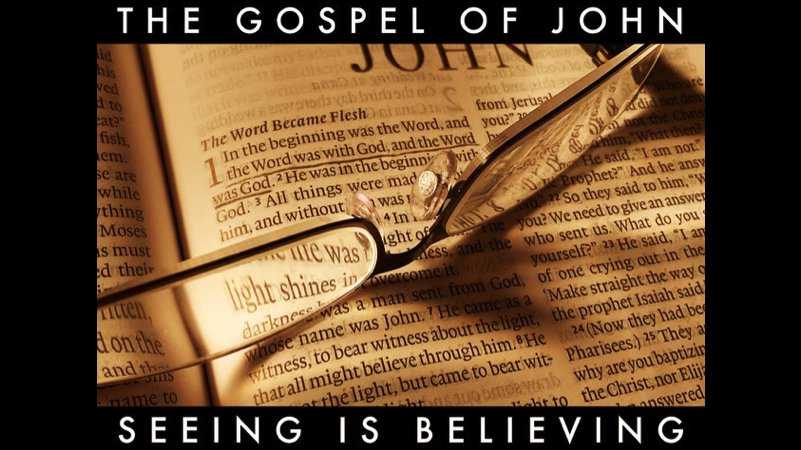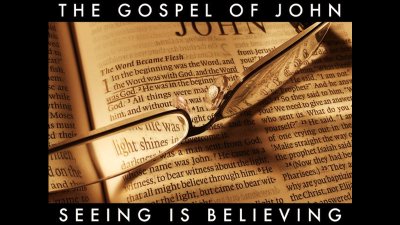If you have never heard S.M. Lockridge’s famous exclamation of “Sunday’s Coming,” today is the day. It’s the best way to spend four minutes today.
And hearing Shadrach Meshach Lockridge proclaim Christ is a perfect way to prepare for our service tonight at 7:00pm where we will gather to consider Jesus’s sixth word: It is Finished!
Truly, our hope rests in the finished work of Christ and the resurrection of Christ from the dead. In the cross, Jesus paid the penalty for our sins and in his resurrection he was raised for our justification—a justification granted to us by grace through faith.
Then on Sunday, John 20:1-18 will be our Easter passage, where we will see Peter and John running to the empty tomb and Mary Magdalene meeting Jesus, the firstborn of a new creation.
In preparation for tonight and Sunday, I would encourage you to read John 19–20. Additionally, pray for the Word to go forward to grant life and invite friends and family to join us for these two celebrations of life. I look forward to seeing you tonight and Sunday, as the Lord allows.
May Christ be magnified this weekend. And may we rejoice in the grace of his cross and resurrection.
For Christ’s Glory and your joy in him,
Pastor David
-----------------------------------------------------------------------------------------------------------------------------------
Discussion & Response Questions for John 20:1 – 18
In looking at the narrative of John, when does it pivot from Jesus’ body being missing to bearing witness about the resurrection?
What is believed in v. 8? How does John’s commentary help (v. 9)?
Who is the first witness to our risen Lord? Would this testimony be valued or devalued in the first century?
Consider the repeated question of verses 13 and 15. How does the resurrection change everything?
Contrast this garden scene with Genesis 3. What similarities or differences do you notice? (i.e. angels in the garden, God present with his people, Adam being sought, sorrow being introduced and removed, etc.).
Why does John include Aramaic phrases at different points in his Gospel?
What is Jesus teaching about his ascension? (v. 17). How should we understand this?
How does Jesus speak of the disciples and the Father? What is unique here?
How should we respond to the resurrection of Jesus?




